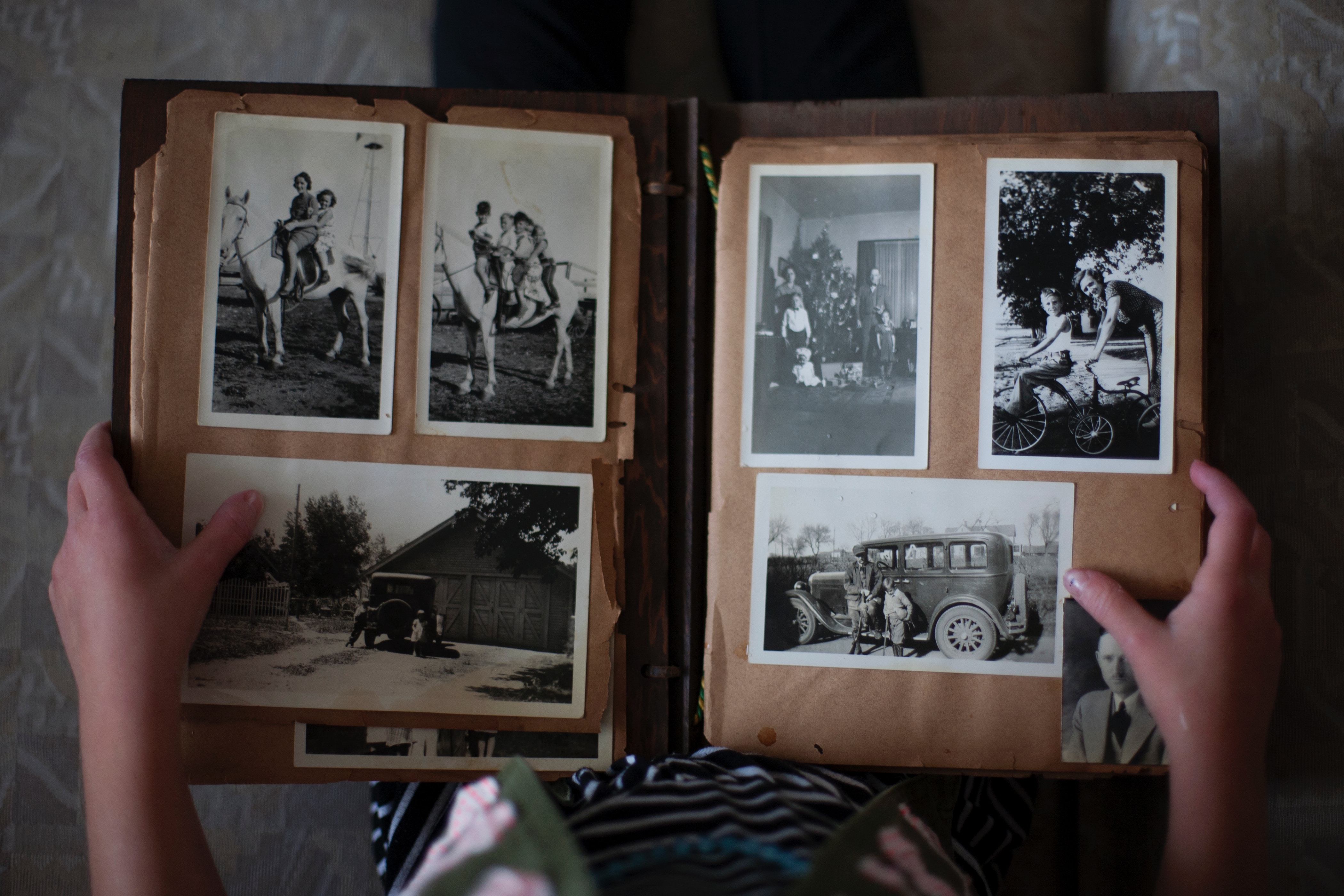This article by Ray Spitzenberger first appeared in IMAGES for May 21, 2020, East Bernard Express, East Bernard, Texas.
All of us are aware that seeing certain things, smelling certain aromas, hearing certain sounds, etc., trigger memories, often long forgotten, as well as warm feelings of nostalgia. What the triggers are depends on the environment in which a person grew up. Since my mother was such an excellent gardener, cook, home-canner, and gatherer of wild berries, fruits, and nuts from our woods in Dime Box, almost anything regarding such are triggers for me.
Last week, my wife brought home a fresh, homemade dewberry pie for us to enjoy. It was a dewberry pie, not a blackberry pie. Even the very sight of the pie triggered the flow of happy memories, and when I ate my first piece, the flow became a tsunami, making me almost euphoric.
First of all, let me make sure we get this straight: dewberry and blackberry are not two names for the same berry! While it is true that eons ago the dewberry developed from the blackberry plant, each is now distinct. Both grow all over the United States, Mexico, and South America, and many species of both have evolved naturally as well as by the manipulation of horticulturists. Yet, in general, dewberries ripen sooner, are sweeter, and are more acidic than blackberries. The seeds in dewberries are a little larger and much harder than blackberry seeds. In fact, some hybrid blackberries seem seedless.
That’s the way I could always tell the two apart. My parents, my brother, and I picked dewberries in the woods behind our house; and my father grew cultivated blackberries at the end of the garden. The dewberries ripened early in May, and the blackberries quite a bit later, so Mama made dewberry cobblers in May and blackberry cobblers in June.
While all of my mother’s cobblers, — berry, peach, or apple, — were delicious, dewberry was our favorite! In spite of the gritty seeds! You could hardly tell the blackberries had seeds, but we liked the greater tartness and sweetness of the dewberry. Over the years, my brother and I developed an immunity to the dewberry seeds, no longer noticing them in the heavenly taste of the cobbler. During blackberry cobbler month, we missed the dewberries.
Since dewberries and blackberries grow all over the United States, some wild, some cultivated, there are many species and hybrids of both. Oregon is the leading producer of blackberries in the U. S., with the country of Mexico the leading worldwide producer. I think Chile is second to Mexico. Of course, I am knowledgeable about the only kinds I know, the blackberry planted and raised by my father and the wild Southern dewberry which grew in the woods of Lee County. Wild blackberries also grow just about anywhere, but my father raised “cultivars” (cultivated blackberry plants).
Today, folks pick wild berries in plastic buckets and/or in empty ice cream cartons. We used to pick them in gallon-size empty molasses cans with wire handles. In later years, my cousin’s children used to pick many bucketsful of wild dewberries, and set up a makeshift tent on side of the major highway which ran in front of their property, and sell them for a quarter a gallon-can to city-dwelling travelers driving by. They would sell out in no time. I remember my brother and me, many years before, trying to do the same thing on the side of the Farm to Market Road running by our house, but with little success. With two or three cars a day traveling on that road, and those driven by local Dime Box folks like us who picked their own berries, the odds were against us. Unless an aunt or uncle would drive by and buy a can just to reward us for our hard work.
Back in those good old days, we children even carried our lunches to school in those molasses cans with wire handles. And, you know something, seeing a molasses can with a wire handle, as rare as that is these days, triggers a fairly great flow of nostalgic memories for me, too!
-o-
Ray Spitzenberger is a retired teacher and pastor, and author of a book, It Must Be the Noodles.

